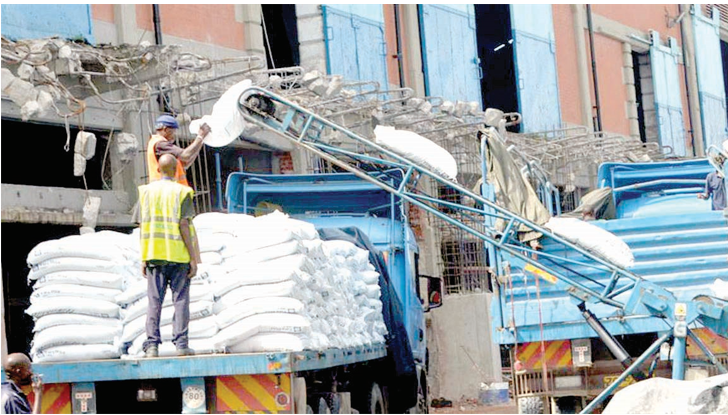Kenya feeling pinch as Ukraine crisis deepens
By Nicholas.Waitathu, March 23, 2022
Kenya is staring at a huge import food bill, reduced exports and depressed farmers’ earnings as rainfall continues to delay and scarcity of crucial commodities in the local market amid the current Russia-Ukraine war.
Already the Council of Governors chairman Martin Wambora has raised the alarm, saying while it is only a few weeks to the onset of long rains, most farmers do not have fertiliser owing to the escalating costs. “The high cost of this critical farm input is not only a burden on the farmer but the consumers to whom the burden is transferred,” he told Business Hub in an interview.
“Government should exempt fertiliser products from VAT and import duty or subsidise farm inputs by 50 per cent to lower the prices. This is the only immediate and short term solution to the ongoing problem in the agriculture sector, ” he added. Data from the Kenya National Bureau of Statistics show that the country’s food import bill rose 21 per cent to Sh155.42 billion last year from Sh128.06 billion in 2020.
Food security
Yesterday, the United Kingdom-based humanitarian agency Oxfam International warned that the escalating crisis in Ukraine will have repercussions on East Africa food security and threatens to divert the world’s attention away from the huge humanitarian effort that is needed right now.
“As disruptions begin to affect the global trade in grains, oil, transport and fertiliser, food prices are beginning to skyrocket. They hit an all-time high last week. In Somalia, prices for staple grains were more than double those of the previous year,” said Gabriela Bucher, Oxfam Executive Director. According to the humanitarian agency countries in East Africa currently import up to 90 per cent of their wheat from Ukraine and Russia.
It recalled that in 2010-11, similar spikes in food prices pushed 44 million more people worldwide into extreme poverty, and indications are that the food-price inflation happening now will be even worse.
Bucher called on governments, especially from grain exporting countries, to do all they can to find suitable alternatives to the imminent disruption in the supply chain from Ukraine towards low-income, food-import dependent countries.
“And – as we witness the tremors triggered by the failure in international efforts to tackle the climate crisis – we underscore the need to ramp up action on climate adaptation and mitigation,” she added. Stakeholders in the coffee value chain have also expressed fear production might decrease drastically this year thus likely to deny farmers high earnings blaming the situation on high fertiliser prices and delayed rainfall.
Kenya Coffee Producers Association (KCPA) and Kenya Coffee Platform (KCP) claimed that the delayed rains have interrupted crop flowering.
“The delay in the flowering of the coffee will, in the long run, affect the quality of the beans which Kenya is globally reputed for,” said Peter Gikonyo, KCPA chair.
Two months ago, the Ministry of Agriculture launched an Sh1 billion fertiliser subsidy programme requiring farmers to pay 60 per cent of the total cost and the government waives the balance. Farmers once approved are supposed to pick the fertiliser from an accredited agro vet shop.
“Owing to the depressed purchasing power, farmers are not able to pay the subsidy required to be allowed to purchase the commodity from the agro vet shops. There is a likelihood the majority will not be able thus will affect production and quality of the beans,” he added.
